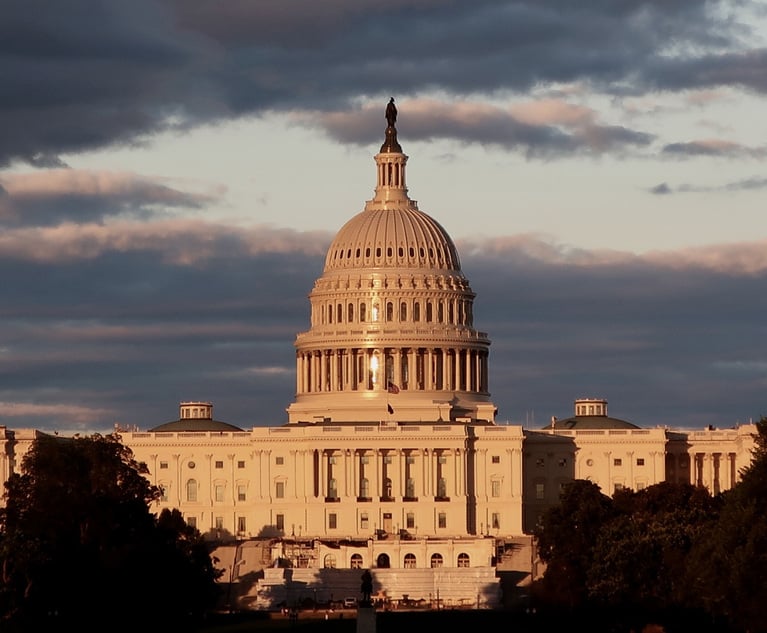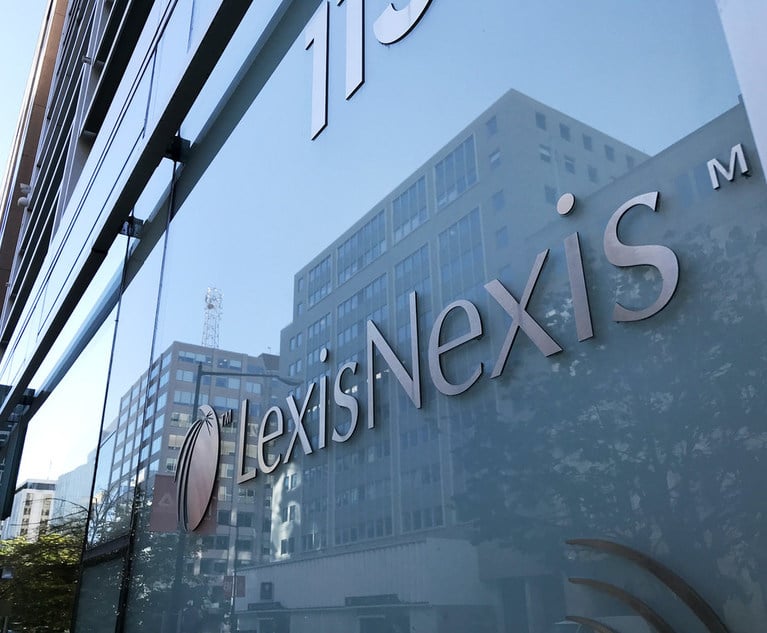Welcome back for another week of What’s Next, where we report on the intersection of law and technology. Dykema’s Jesse Halfon kicks us off this week on the laws attempting to keep pace with the dockless scooters and micromobility vehicles zipping around U.S. cities. Plus, lawyers respond to a precedential ruling that might hold Amazon accountable for faulty products. And the FCC proposes a new rule that aims to limit the number of calls you get about free cruises. Don’t be a stranger: Email me at [email protected] and follow me on Twitter at @a_lancaster3.

Jesse Halfon, an attorney for Dykema in Ann Arbor, Michigan.
Scooting Around Micro Vehicle Laws
I’ll go on record to say that I thought the future of transportation would look a bit sleeker than adults riding lime green scooters. Alas, electric, dockless scooters have arrived and are in more than 100 cities worldwide. After downloading an app and signing a fairly wide sweeping waiver of liability, users can pluck one of these vehicles off the ground and take off for their destination. As a native New Yorker, Jesse Halfon has always been interested in alternative transit. The automotive and products liability attorney for Dykema in Ann Arbor, Michigan, says that laws have not quite caught up with the 15 mph micromobility option. The growth of this transit method, he says, depends on a willingness to adapt to shared mobility and tap into big data.









